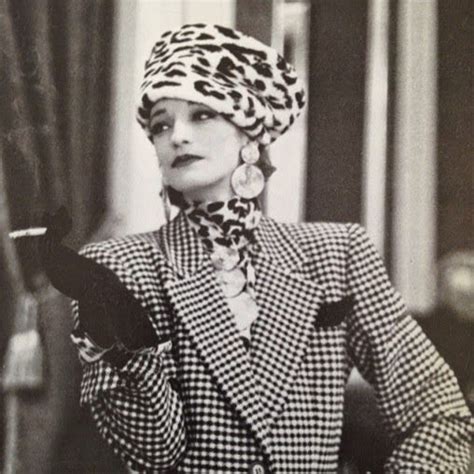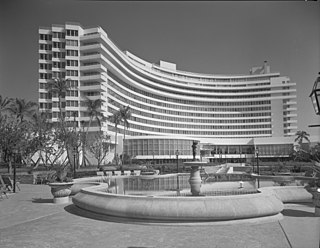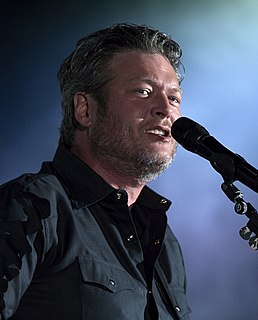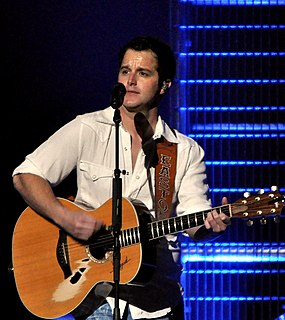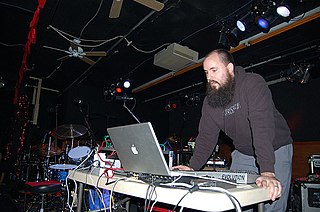A Quote by Nikki Bella
Women are taking the main stage. They are center stage, and they're setting all these records and making history, and I want I be a part of that. I've worked so hard to be a part of that.
Related Quotes
An interesting difference between new and experienced stage managers is that the new stage manager thinks of running the show as the most difficult and most demanding part of the job, whereas the experienced stage manager thinks of it as the most relaxing part. Perhaps the reason is that experienced stage managers have built up work habits that make then so thoroughly prepared for the production phase that they [can] sit back during performances to watch that preparation pay off.
You always get nervous on stage because when you get up there, you want to do great. The crowd has you pumped up so there are always a little bit of butterflies. That's all part of it. But as far as getting stage fright, clamming up there, not generally, I just enjoy it on stage and have a great time.
Taking drugs on a recreation level is one thing. But taking them while you're working on a stage is, I don't think it was that great. It's the control factor. And the thing about being on stage, you really want to feel that you're sort of in control a lot. It's not a place where you want to be out of control.




